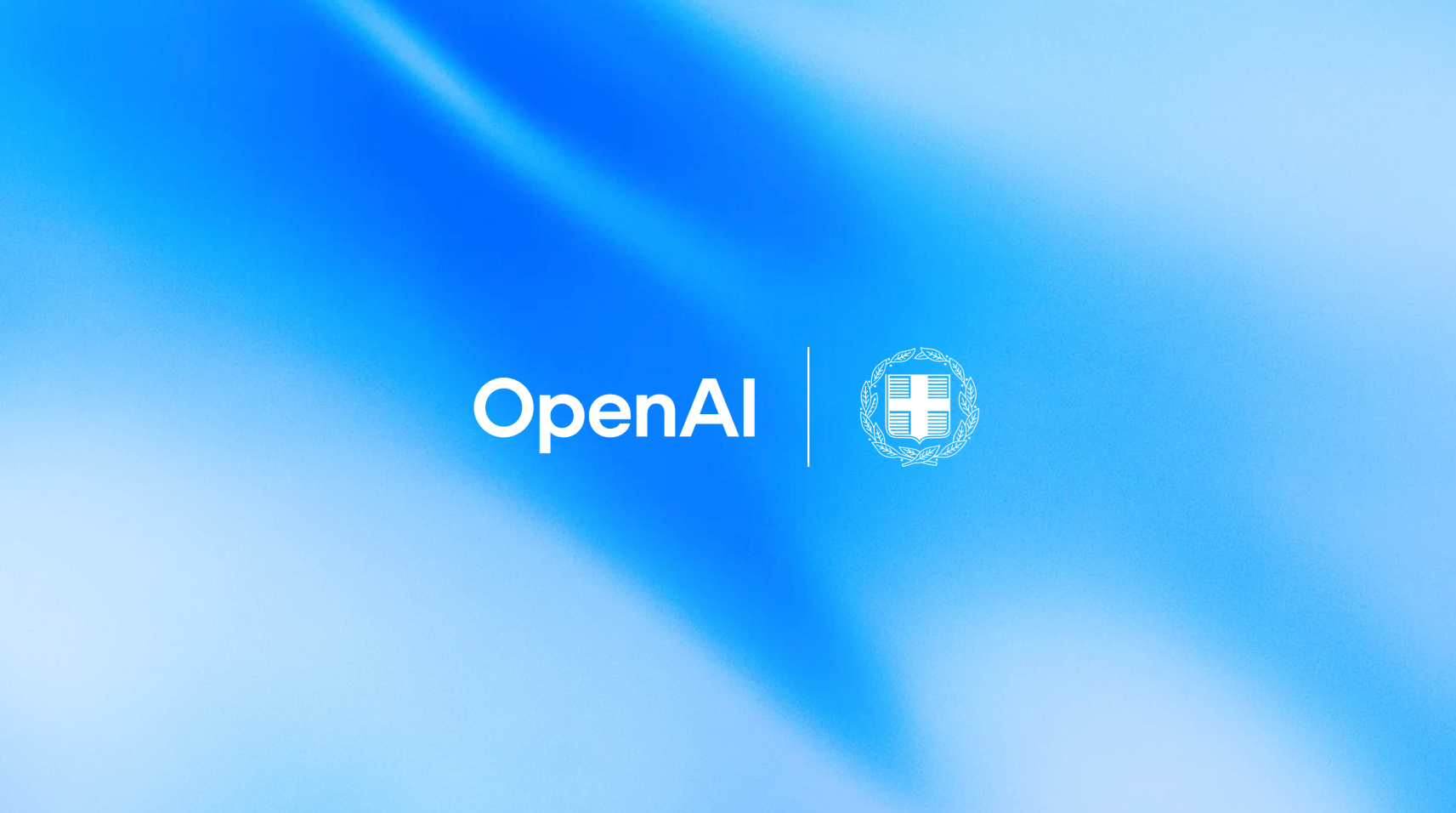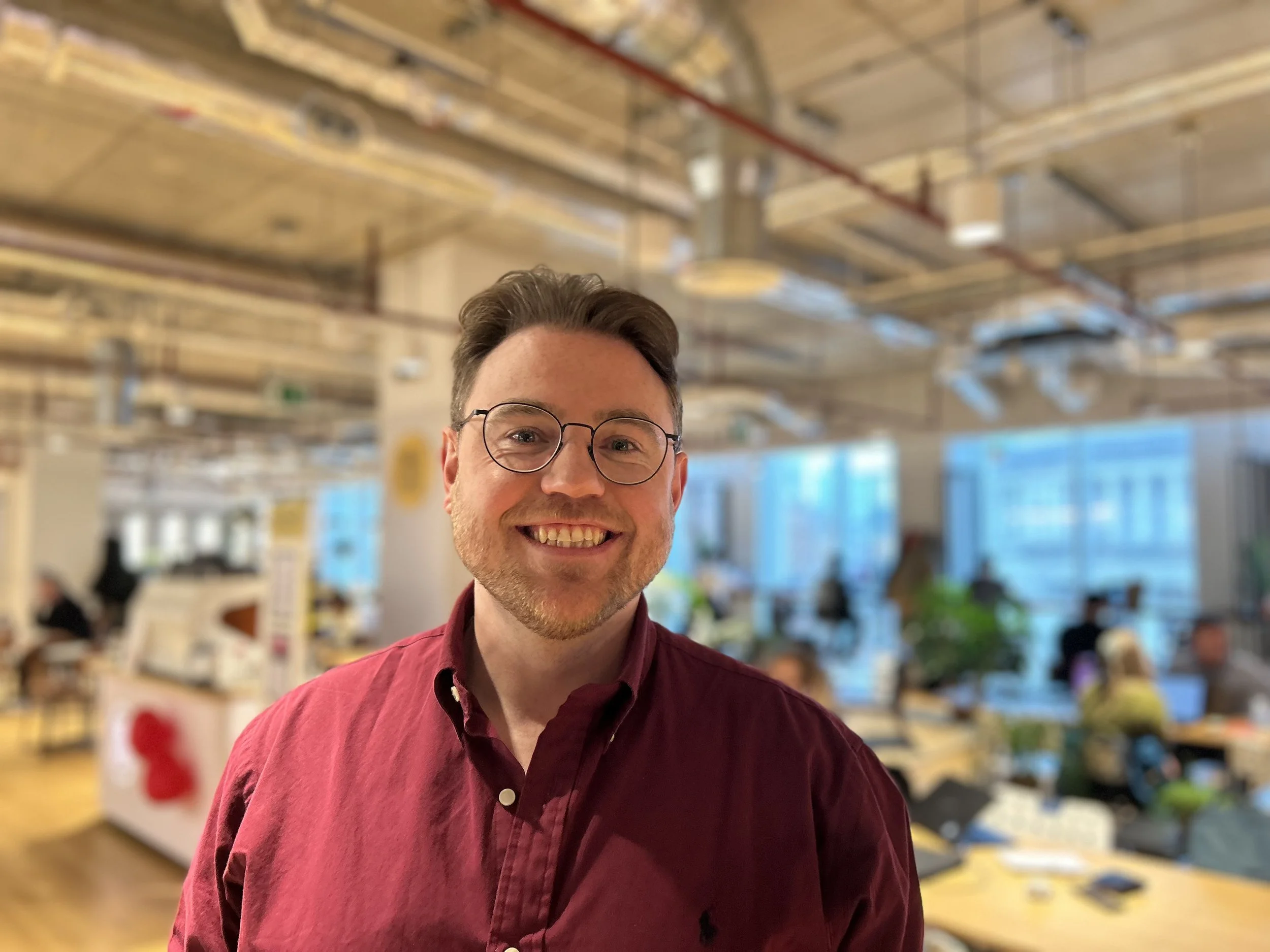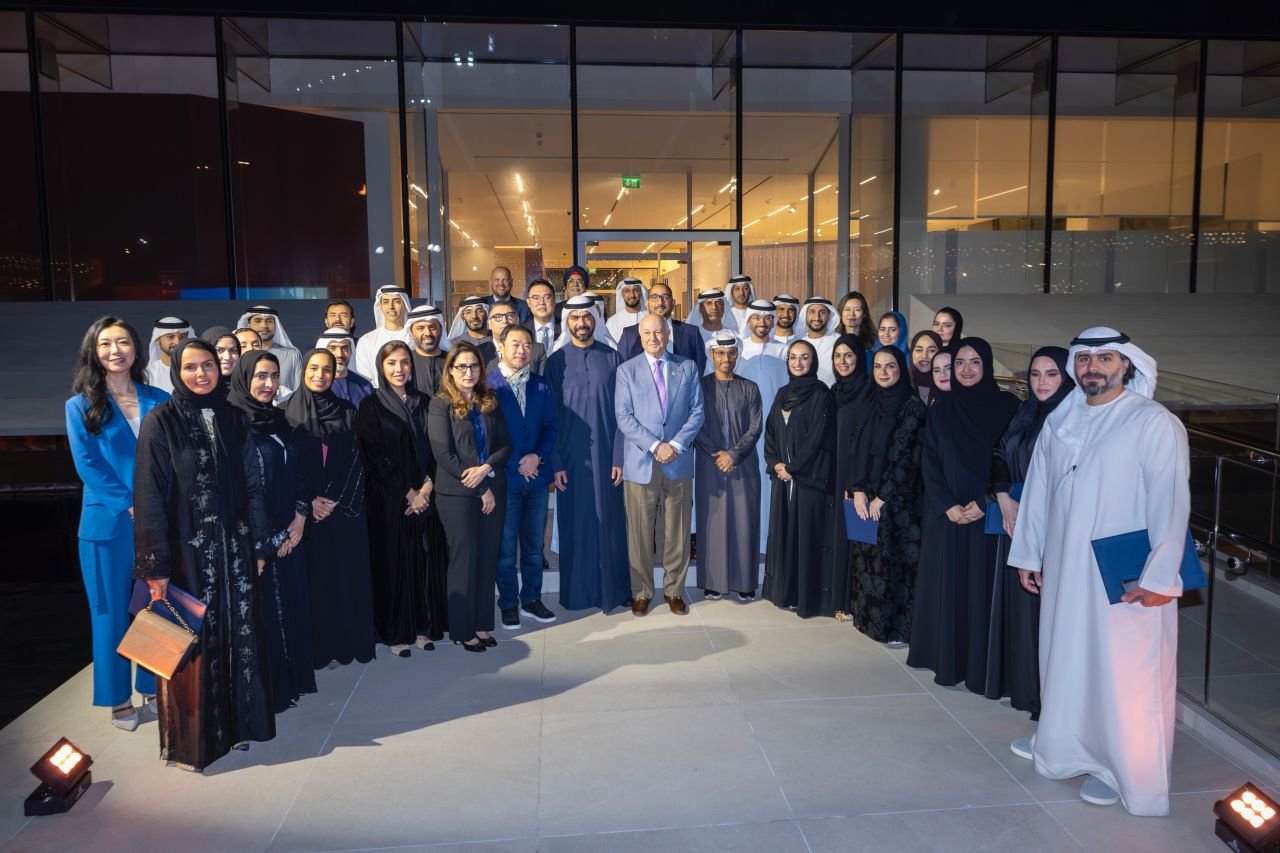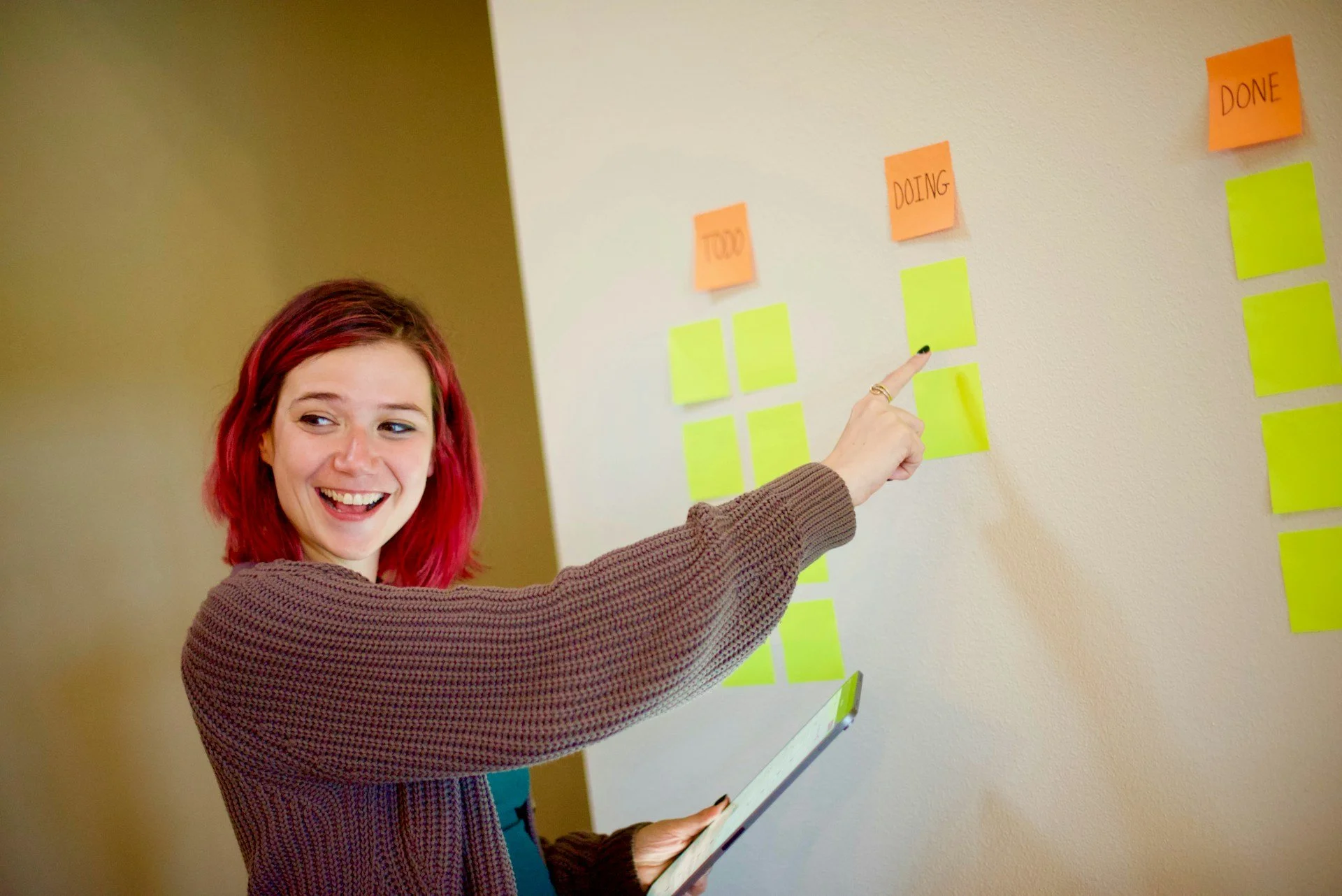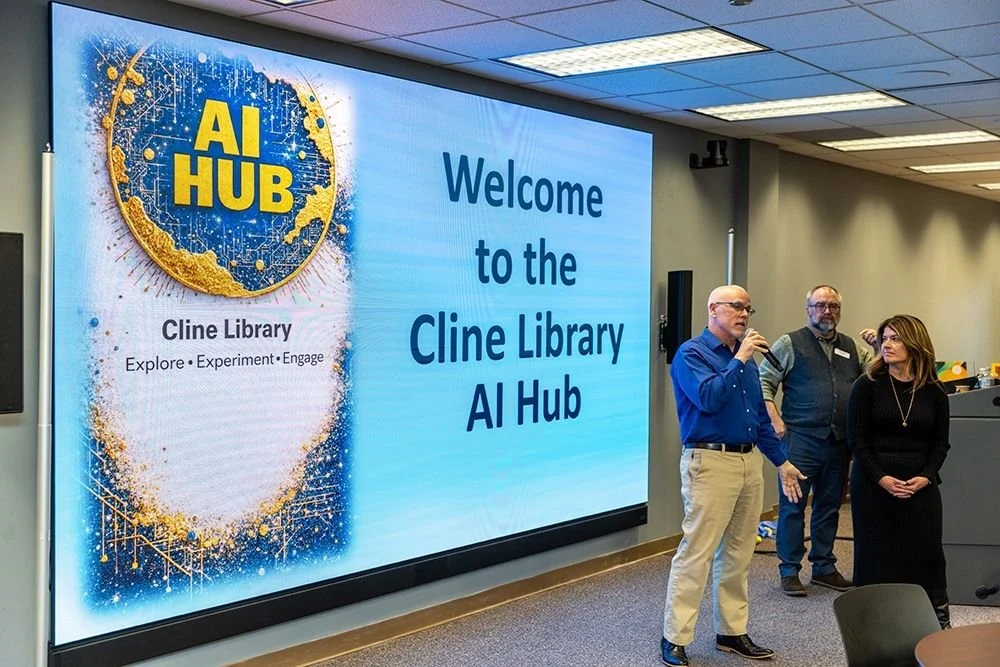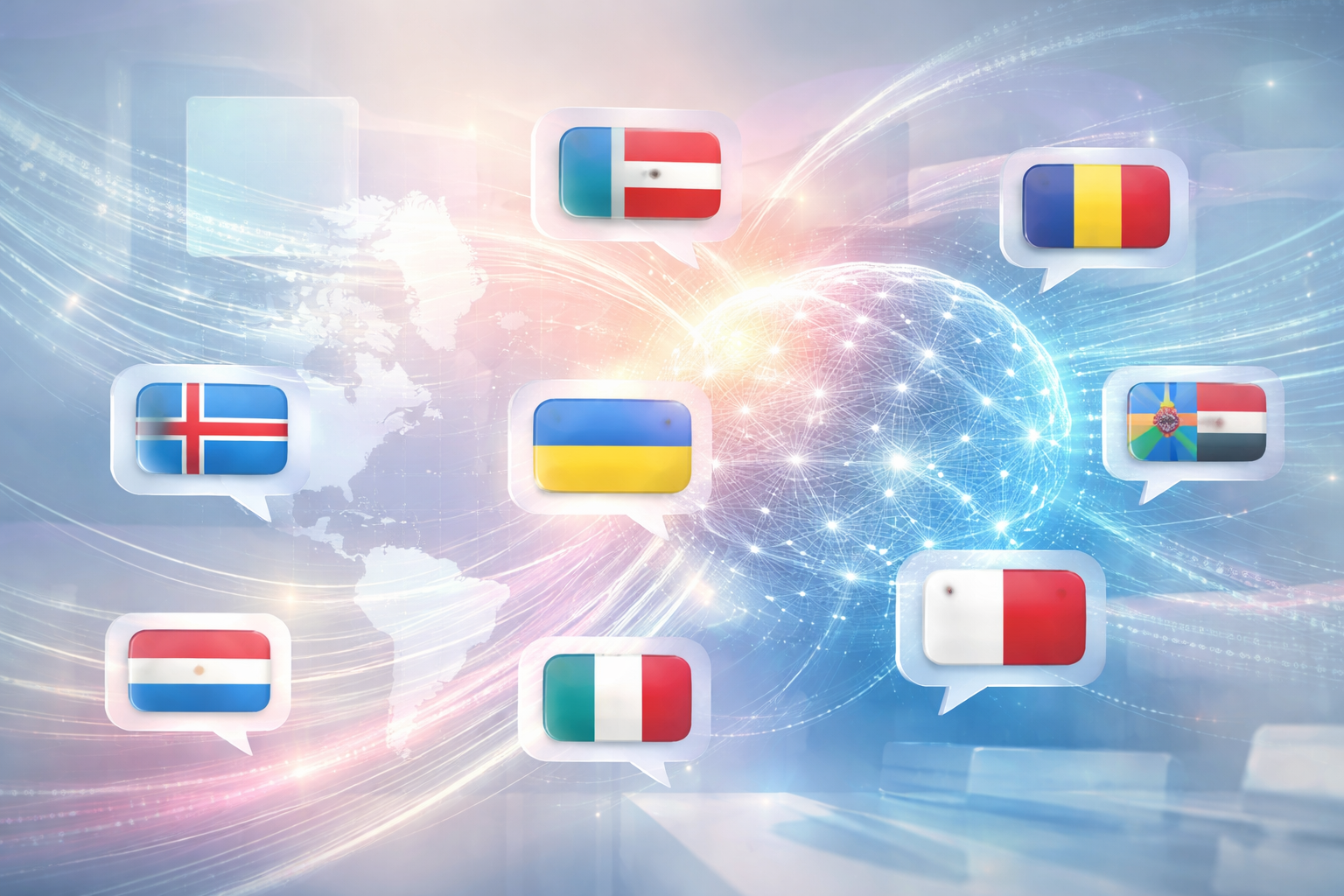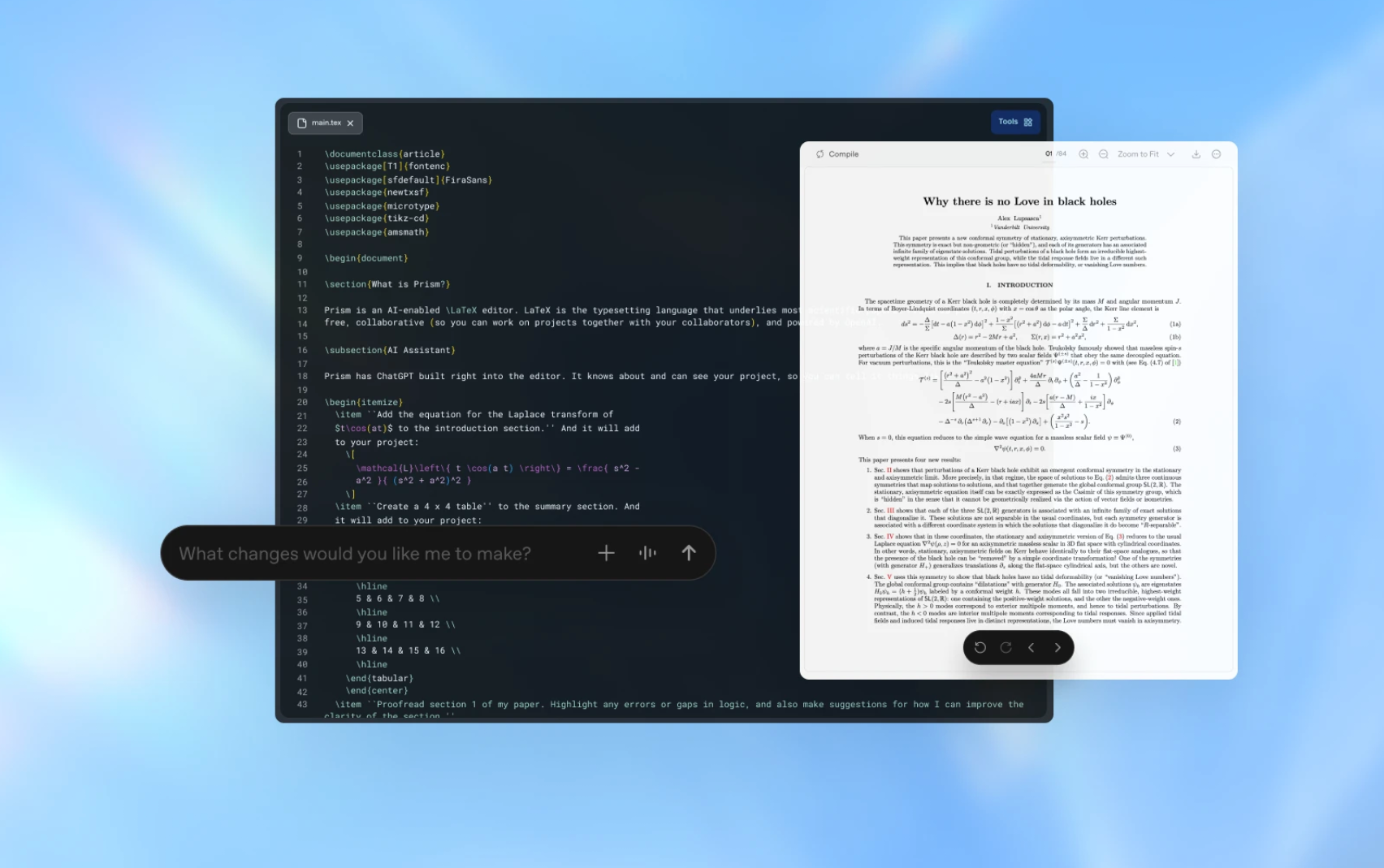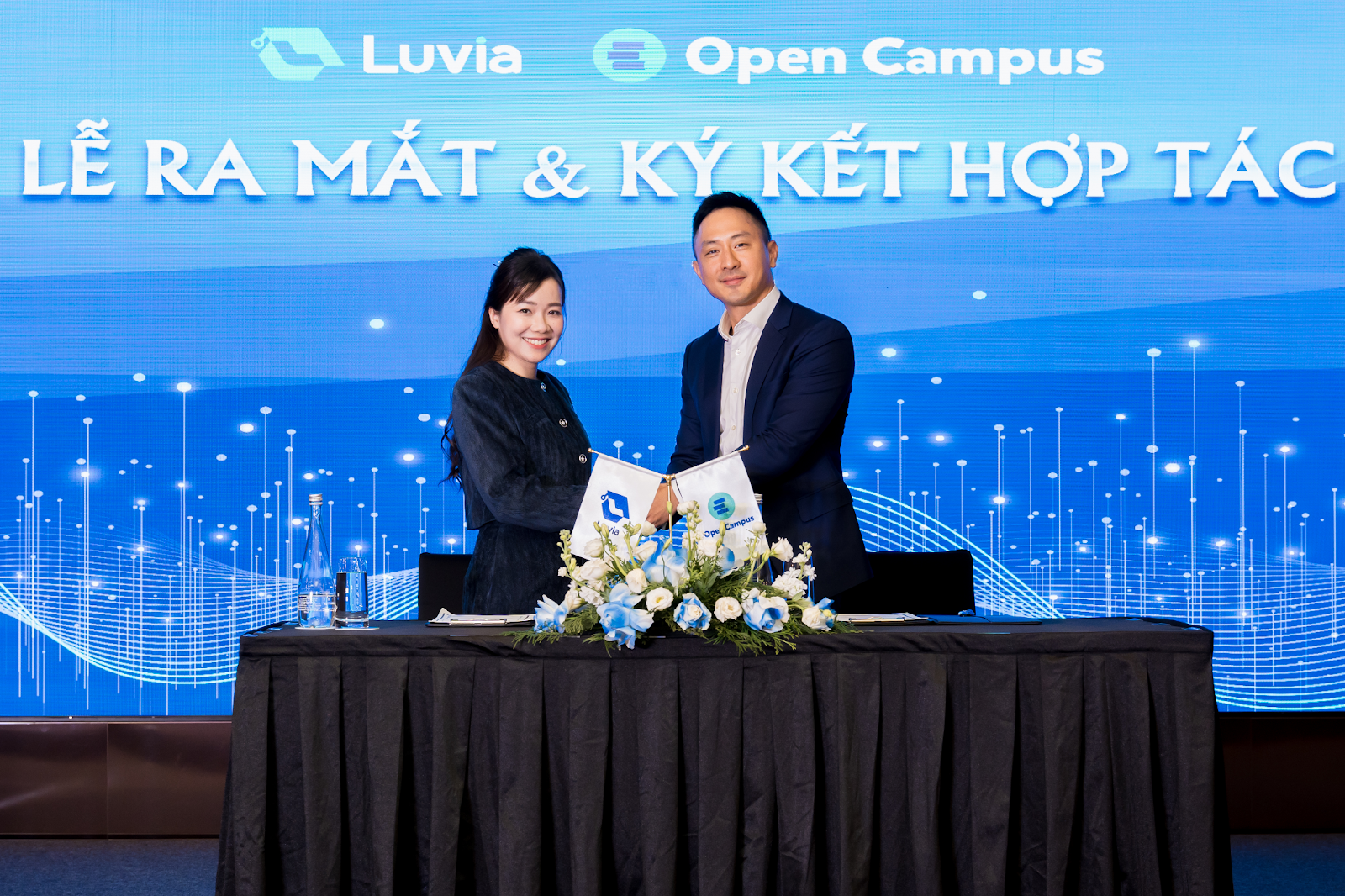Meta builds global AI model to recognize more than 1,600 spoken languages
Meta’s FAIR research team has launched Omnilingual ASR, a speech recognition framework covering more than 1,600 languages, including hundreds never before supported by AI systems.
Meta AI has announced Omnilingual Automatic Speech Recognition (ASR), a new family of open source models providing speech-to-text capabilities across more than 1,600 languages.
The system includes support for 500 low-coverage languages never previously served by automatic speech recognition technology.
The release, shared in a LinkedIn post by AI at Meta and further highlighted by Kaushik Ram Sadagopan, a research engineer at Meta’s Fundamental AI Research (FAIR) group, represents one of the most extensive multilingual AI efforts to date. FAIR focuses on developing open foundational research for AI systems, with a growing emphasis on accessibility and linguistic inclusion.
Expanding speech recognition to underserved languages
Omnilingual ASR was designed to make high-quality transcription available to language communities often excluded from AI-driven communication tools. Most current ASR models rely heavily on data-rich languages that dominate the internet. Meta’s new framework extends support through large-scale self-supervised learning and community-led data collection.
According to Meta, Omnilingual ASR achieves character error rates below 10 for 78 percent of supported languages. The framework also enables users to extend the model to new languages by providing only a few paired audio-text examples, without requiring large training datasets or advanced technical expertise.
The release includes a full suite of resources — from Omnilingual wav2vec 2.0, a 7B-parameter multilingual speech representation model, to the Omnilingual ASR Corpus, which features transcribed speech in 350 underrepresented languages. All assets are open source, allowing researchers and developers to apply and adapt them across a range of speech technology use cases.
Global collaboration and data collection
FAIR’s team built the Omnilingual ASR models using one of the largest and most linguistically diverse training datasets assembled for speech research. The project integrated publicly available datasets with community-sourced recordings, created through collaborations with global partners such as Mozilla Foundation’s Common Voice and Lanfrica/NaijaVoices.
These partnerships helped Meta reach languages with little to no digital presence by recruiting native speakers in remote or under-documented areas. The resulting dataset, which Meta describes as the largest ultra-low-resource spontaneous ASR dataset released to date, is being shared to advance research on multilingual speech technology.
Research contribution and impact
Kaushik Ram Sadagopan, Research Engineer at FAIR, noted his contribution to the project in a LinkedIn post, writing: “Proud to have been part of Omnilingual ASR to build foundation models for under-represented languages. Focusing particularly on scaling self-supervised pre-training to 7B parameters (on millions of hours of speech), and ASR to 1600+ languages!”
Omnilingual ASR marks a major step toward universal transcription systems that could reduce linguistic inequality in digital spaces and expand global access to speech-based AI applications.
The ETIH Innovation Awards 2026
The EdTech Innovation Hub Awards celebrate excellence in global education technology, with a particular focus on workforce development, AI integration, and innovative learning solutions across all stages of education.
Now open for entries, the ETIH Innovation Awards 2026 recognize the companies, platforms, and individuals driving transformation in the sector, from AI-driven assessment tools and personalized learning systems, to upskilling solutions and digital platforms that connect learners with real-world outcomes.
Submissions are open to organizations across the UK, the Americas, and internationally. Entries should highlight measurable impact, whether in K–12 classrooms, higher education institutions, or lifelong learning settings.






